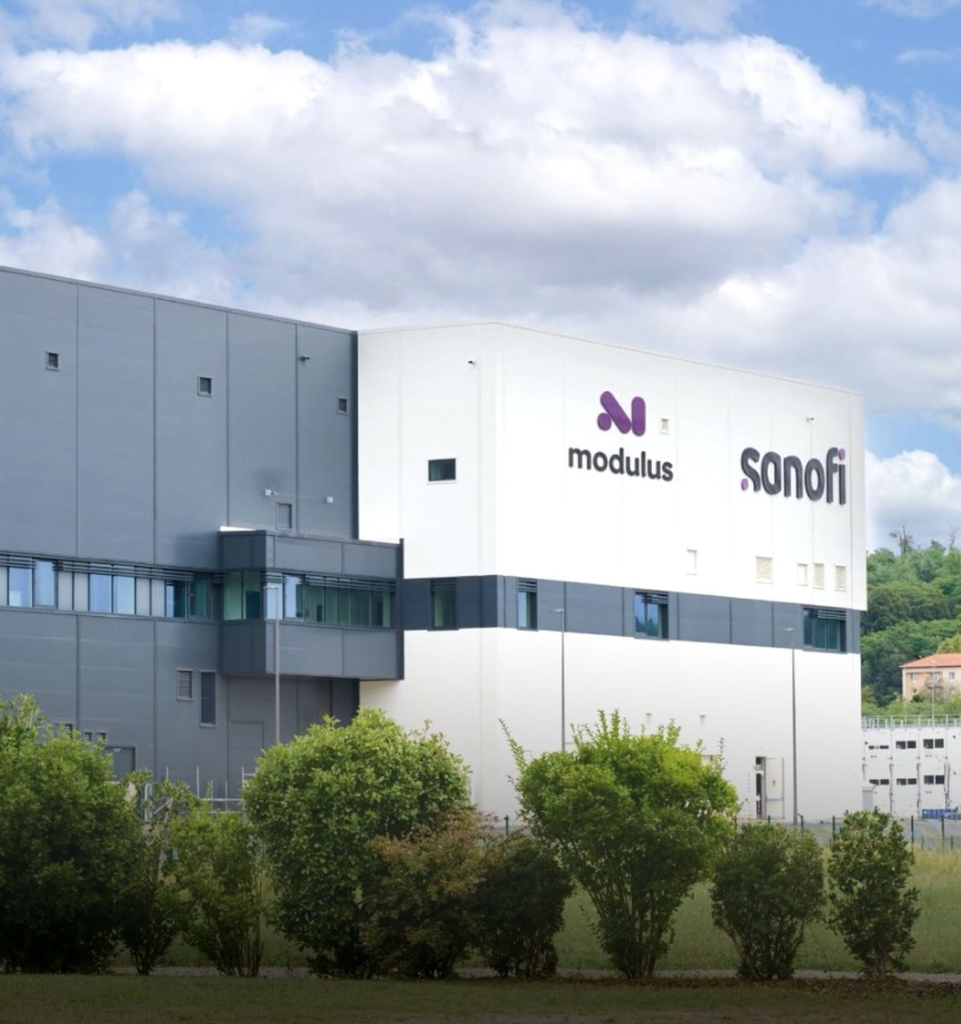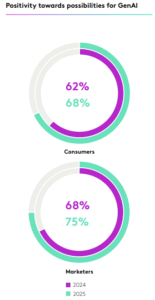“This year, we’ve taken a step further with the creation of our global hub, which will generate more than 300 highly qualified jobs,” says Pérez. “This new center was created with the aim of leading a digital transformation from Europe with a real impact on global health, accelerating the development of innovative therapies through the responsible use of AI.”
From this center, they work on strategic projects that apply AI throughout the entire value chain, focusing on areas such as real-world evidence generation (RWE), clinical analysis and statistical programming, scientific and R&D support, and development of predictive models for logistics and the supply chain. “Everything we do from this center has a common goal: to offer faster, more accurate, and sustainable responses to global health needs, combining science, technology, and data to transform the future of medicine,” adds Pérez.
Keeping an eye on AI regulation
August 1 marked one year since the EU AI Act came into force, a necessary step, according to Pérez, that provides legal certainty and builds trust in sectors where traceability, transparency, and data quality are fundamental. However, the pace of innovation in healthcare is rapid, so regulatory frameworks to support this progress are necessary. “Future guidelines from the European Medicines Agency (EMA), along with initiatives such as regulated testing environments, can facilitate the validation of innovative AI-based solutions under controlled and safe conditions,” says Pérez. “And, above all, close collaboration between institutions, the private sector, and patient organizations will be key for Europe to lead the digital transformation of healthcare with responsibility and ambition.”






